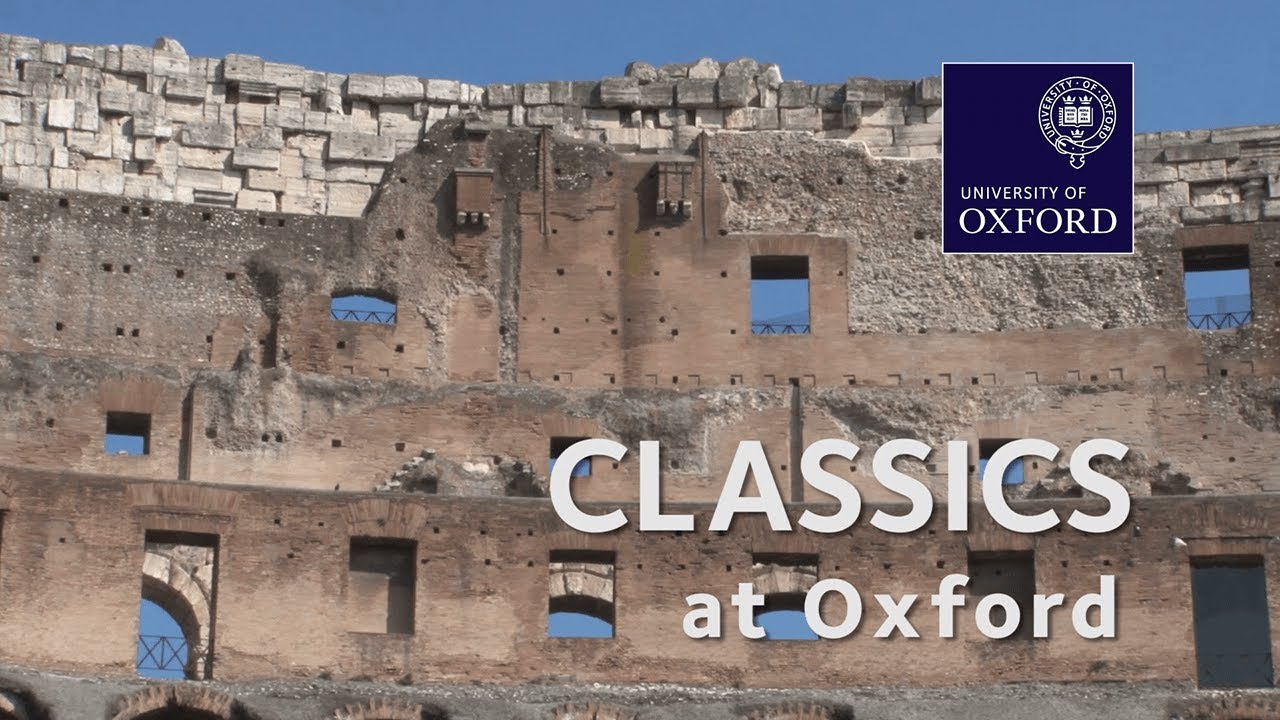
09-30
2021
Oxford CAT, Written Work and Interview perspective
The admission process involves three steps. After your Personal Statement, you are asked to submit two pieces of written work, which are normally essays written for standard school work, marked by your teacher. More than anything, they are meant to sho...
<p><strong>Q. </strong></p><p> </p><pre>A. The admission process involves three steps. After your Personal Statement, you are asked to submit two pieces of written work, which are normally essays written for standard school work, marked by your teacher. More than anything, they are meant to show your skills in your area, and demonstrate your passion for the subject. For one of my written works I translated a literature tests from Italian into English; it was on Lucretius' De Rerum Natura, and it involved translation and commentary on a few passages of the work. The second written work I submitted was an essay on Euripides' Bacchae, where I focused on the vocabulary of light and darkness throughout the play. My advice would be to do your written works in something you have enjoyed studying, and on something you have quite solid knowledge of, as a potential interview may use them as starting point for further discussion. In my interview, the tutors referred to my essay and asked me questions on what I thought about other related issues of the tragedy, such as the experience of the audience and the description of specific characters.</pre><p> </p><p><strong>Q. </strong></p><p> </p><pre>A. The second stage is the Classics Admission Test (CAT), aimed at assessing your language abilities. They normally involve a prose and a verse passage to translate into English without the help of a dictionary (just like any other translation test). Flawlessness is not expected, but this is where your tutors see that you actually have the linguistic skills on which to build up during your degree. The best way to prepare for them is by practicing translating, as well as having a solid grasp of the grammar of Latin and Greek. The hardest part for me was to translate the passages into English, which was something I was not used to. As for the results, we weren't given the results.</pre><p> </p><p><strong>Q. </strong></p><p> </p><pre>A. The interview is the last step to in order to be admitted. In Classics, candidates are interviewed in literature and sometimes other subjects, as applicable – I had a second interview in philosophy. Something the vast majority of interviews do is to use texts as springboards, whether in prose or verse. The candidate has some 15 minutes to read it before the interview, and he/she is given some questions and points to focus on. The text is then brought into the actual interview, and the conversation is opened to wider discussion, ending in more general questions. I was given a passage from Seneca, centred around his conception of time, which I then was asked to compare to other authors and their own way of issues related to time. After discussing one of my two written works, I was then asked more general questions, such as 'What was the thing you found most challenging in learning Classics?'. At all stages, the candidate is expected to think on his/her own two feet. What the tutors are looking for is someone who might be interesting and stimulating to teach, someone responsive and not shying away from the new or the unexpected, but tackling problems with acumen and intellectual courage.</pre><p> </p><p><strong>Q. </strong></p><p> </p><pre>A. The best piece of advice I can give for interviews is to be enthusiastic about the subject. More practically, examine closely what they give you, and don't be afraid to speak your mind or to ask questions. Get used to approaching a text – any text – and be ready to answer questions on points of language, rhetorical devices, ideas expressed. But as with the whole of the application process, it's never about having all the answers; rather, it's about bringing your current knowledge and connect the notions you already have.</pre><p> </p>